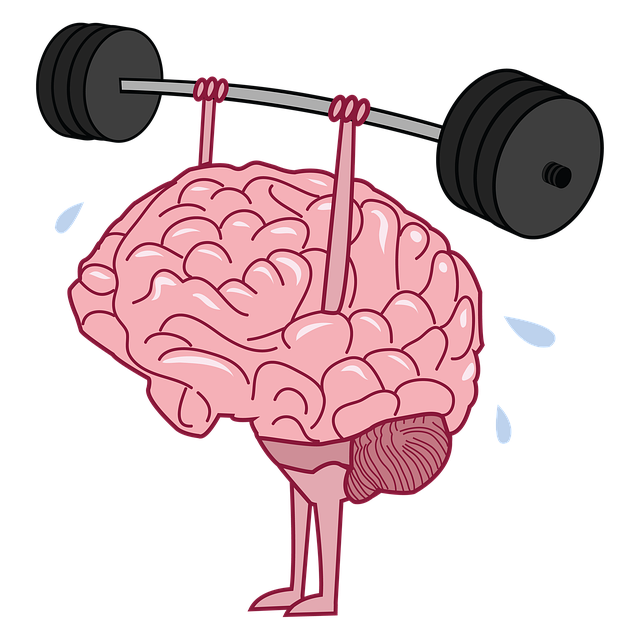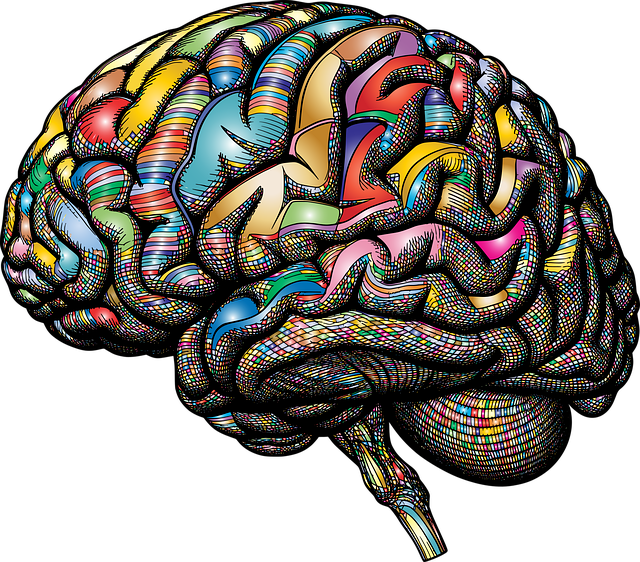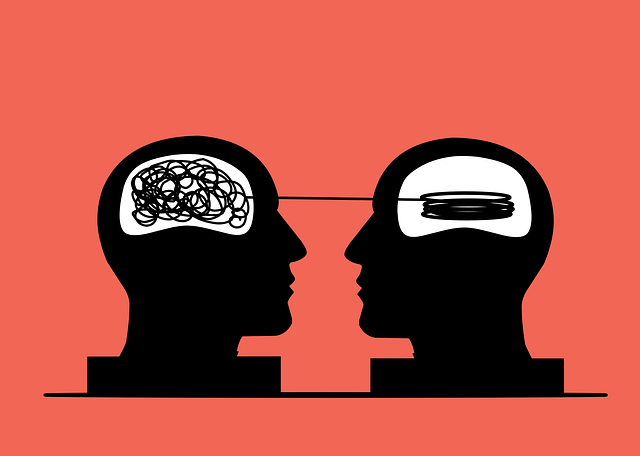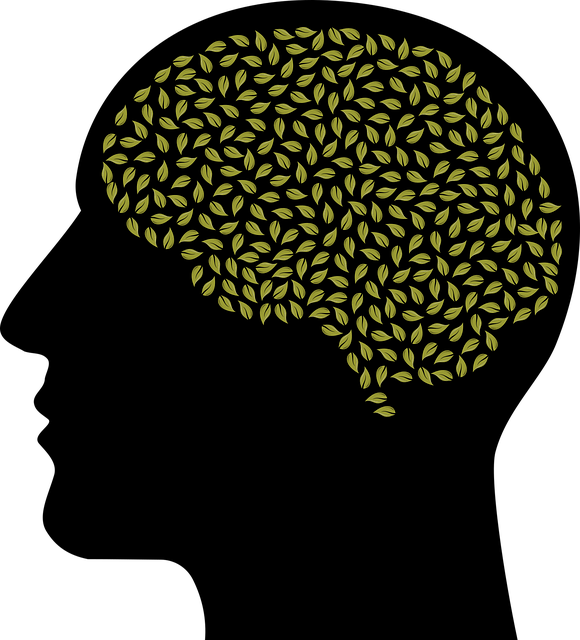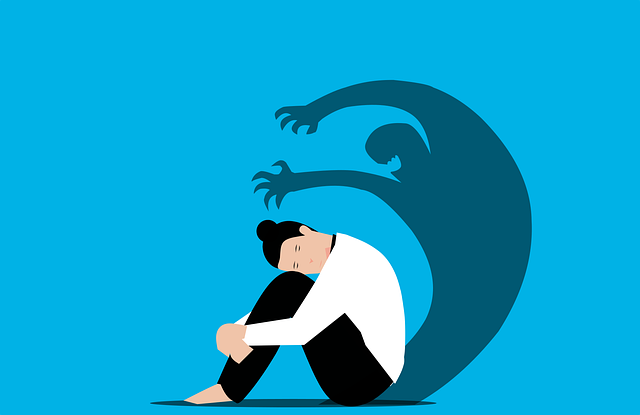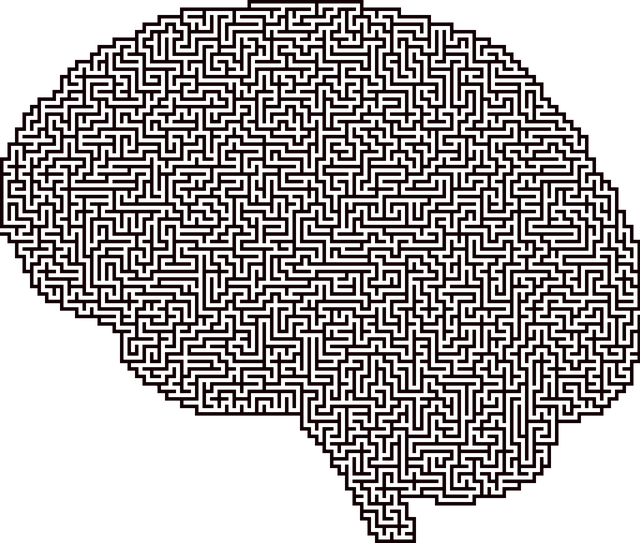Resilience is a key to managing Attention-Deficit/Hyperactivity Disorder (ADD-ADHD), and the Resourceful Fronting Method (RFM) offers an effective therapeutic approach. By teaching practical coping skills, embracing challenges as growth opportunities, and integrating mindfulness meditation, RFM promotes calm and focus. This holistic method strengthens resilience, enhances inner strength, and improves key skills like decision-making. Exercises focused on building resilience, combined with cognitive-behavioral strategies and group discussions, normalizes struggle, enhances emotional intelligence, and equips individuals to manage ADD-ADHD symptoms. Accessible support systems and coaching programs empower people to take control of their mental wellness, fostering self-reliance and overall well-being in therapy for ADD-ADHD.
“Discover the power of RFM (Rest, Focus, Motion) in fostering resilience and managing ADD-ADHD symptoms. This article explores how structured exercises can transform daily routines, offering a holistic approach to well-being. We delve into the science behind RFM, its impact on mental clarity, and its role in enhancing focus. Learn practical strategies for designing tailored training programs and integrating RFM into your life for improved attention and overall resilience, providing an effective therapy alternative for ADD-ADHD.”
- Understanding RFM and its Role in Resilience Building
- The Impact of Exercises on ADD-ADHD Management
- Practical Application: Designing Effective Resilience Training Programs
- Integrating RFM into Daily Routines for Long-Term Success
Understanding RFM and its Role in Resilience Building

Resilience is a crucial aspect of mental health and well-being, especially for individuals dealing with attention-deficit/hyperactivity disorder (ADD-ADHD). Understanding Resourceful Fronting Method (RFM) offers valuable insights into building resilience. RFM is a therapeutic approach that focuses on enhancing an individual’s ability to navigate challenges and adapt to change. By teaching practical coping skills, this method empowers people to manage their symptoms effectively.
In the context of ADD-ADHD, RFM can be a game-changer. It helps individuals develop mental health education programs designed to strengthen their resilience muscles. Through various exercises, one learns to embrace challenges as opportunities for growth. Coping skills development becomes an integral part of this journey, enabling people to navigate life’s ups and downs with greater ease. Mindfulness meditation techniques are also integrated, promoting a sense of calm and focus that enhances overall resilience.
The Impact of Exercises on ADD-ADHD Management

Exercises aimed at building resilience and utilizing RFM (Recency, Frequency, Monetary value) analysis have shown significant potential in managing ADD-ADHD symptoms. These activities help individuals develop inner strength, a key component in navigating challenges associated with attention deficit hyperactivity disorder. By engaging in structured routines and learning to regulate impulses, those with ADD-ADHD can improve their focus, organization, and decision-making abilities.
Incorporating resilience-building exercises into therapy for ADD-ADHD offers a holistic approach that complements traditional treatment methods. Mental health policy analysis and advocacy underscore the importance of accessible and effective support systems. Moreover, mental wellness coaching programs development focuses on empowering individuals to take control of their symptoms, fostering self-reliance, and enhancing overall mental health.
Practical Application: Designing Effective Resilience Training Programs

When designing effective resilience training programs, a practical approach involves tailoring activities to real-life challenges faced by individuals, especially those with conditions like ADD-ADHD that can impact focus and emotional regulation. These programs should foster an environment where participants feel safe to explore and express their experiences, fostering a sense of belonging and trust. Incorporating diverse techniques such as mindfulness exercises, cognitive-behavioral strategies, and creative outlets enables a multi-faceted approach to resilience building.
For instance, group discussions centered around sharing personal stories can enhance public awareness campaigns development by normalizing different forms of struggle while offering trauma support services. Emotional intelligence exercises play a crucial role in teaching individuals how to recognize and manage their emotions, promoting better coping mechanisms. Through practical applications, participants gain valuable tools to navigate life’s challenges, ultimately strengthening their resilience and overall well-being.
Integrating RFM into Daily Routines for Long-Term Success

Integrating RFM—or Resilient Focus and Motivation—into your daily routines can significantly enhance long-term success in managing conditions like ADD-ADHD. This approach goes beyond traditional therapy by encouraging individuals to develop coping mechanisms that foster resilience, focus, and sustained motivation throughout their day-to-day activities. By implementing simple yet effective RFM exercises, such as mindful breathing techniques during moments of distraction or setting achievable goals with regular check-ins, individuals can gradually build mental fortitude. This process empowers them to navigate challenges with greater ease, thereby reducing the occurrence of symptoms associated with depression prevention and enhancing overall well-being.
Cultural sensitivity in mental healthcare practice plays a pivotal role in ensuring that RFM exercises are tailored to suit diverse individual needs. Public awareness campaigns development can also contribute to broadening understanding of these methods, making them more accessible and acceptable to a broader spectrum of people seeking therapy for ADD-ADHD. By combining cultural sensitivity with public outreach, the benefits of RFM can reach and positively impact many, fostering a more inclusive mental healthcare environment.
Resilience building exercises, as demonstrated through RFM (Restoration, Focus, and Motivation), offer a promising approach to managing ADD-ADHD symptoms. By integrating these strategies into daily routines, individuals can enhance their ability to navigate challenges and improve overall well-being. Effective resilience training programs, designed with a structured yet flexible approach, empower folks to build mental fortitude. In the quest for therapy for ADD-ADHD, embracing RFM can be a game-changer, fostering adaptability and promoting sustainable success.
